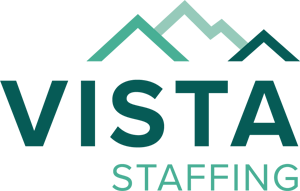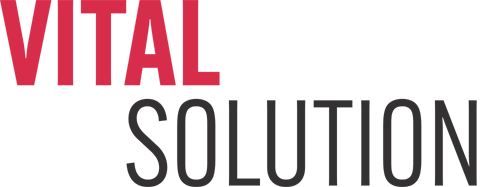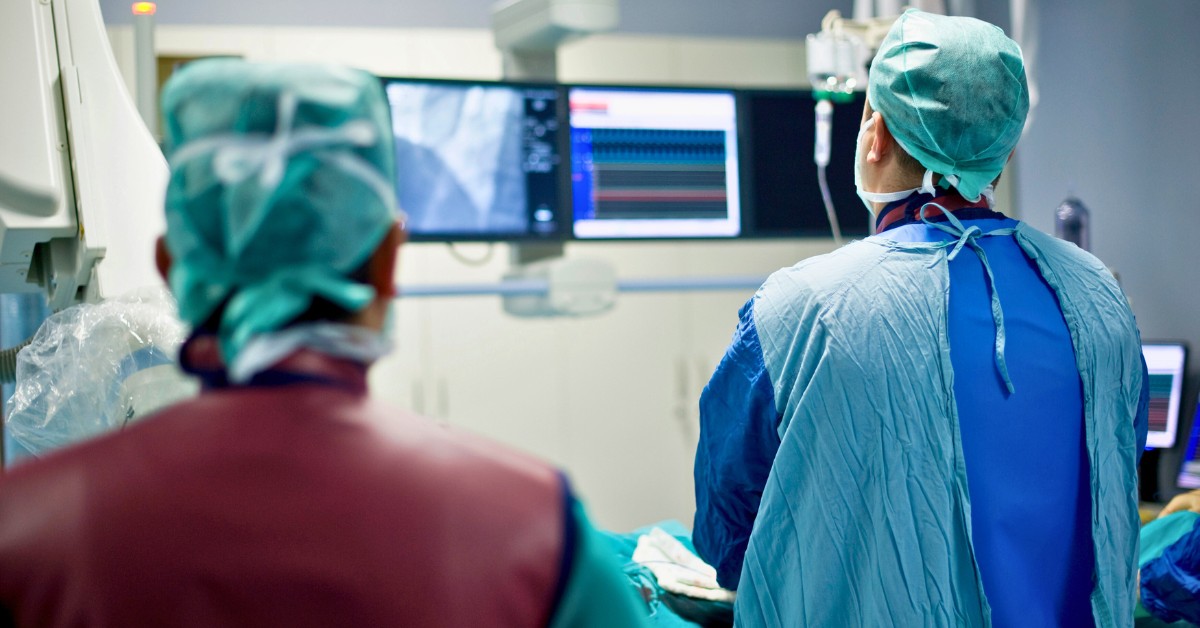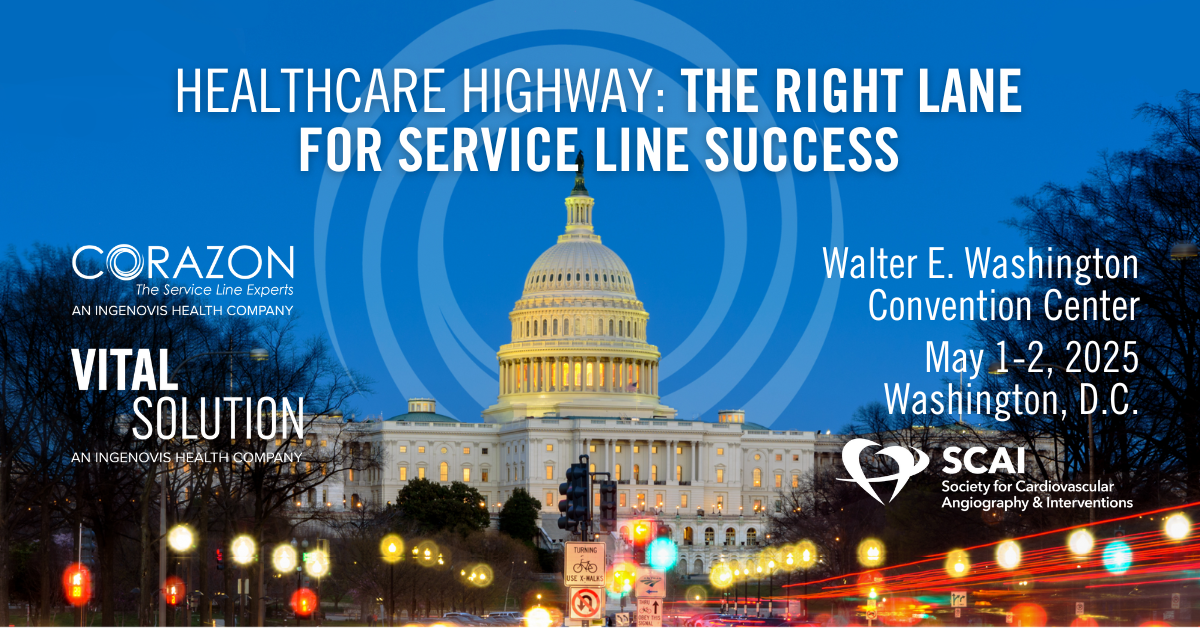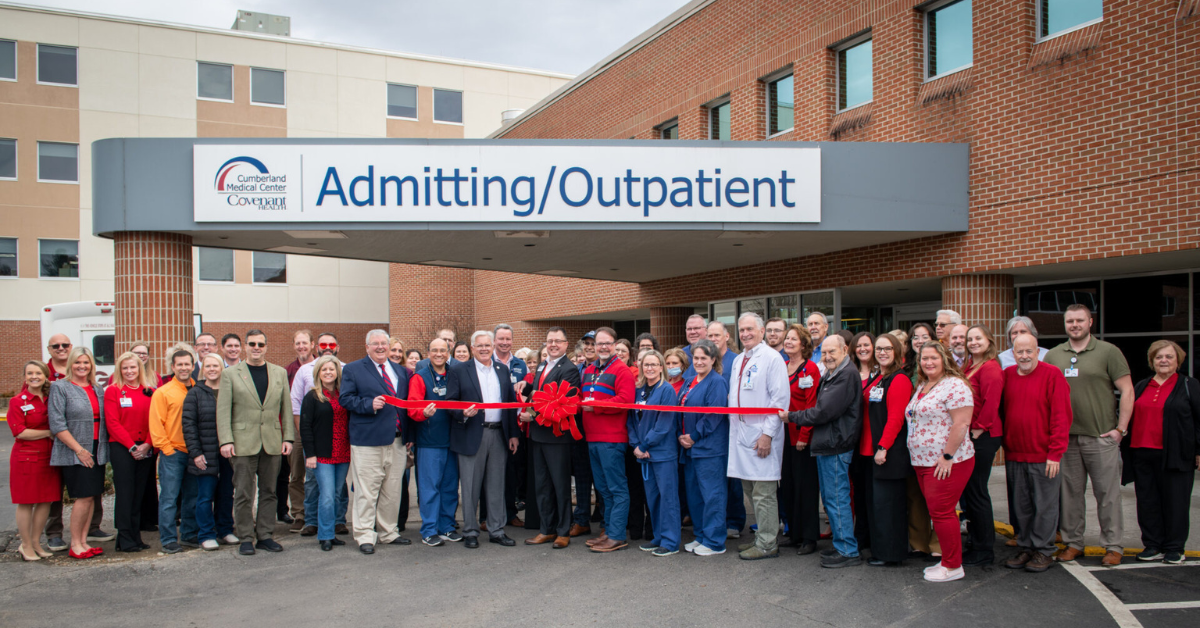
Small Town, Big Impact: The Benefits of Working in Rural & Regional Hospitals
Many physicians fresh out of residency or fellowship seek positions with large, established cardiac programs to make their mark. But for many physicians and cardiac catheterization lab leaders, it’s in the small towns across the country where they’re making the largest impact.
A Closer Look at Small-Town America
Sixty million people – or 20 percent of the U.S. population – live in rural areas, yet only 9 percent of U.S. physicians practice there.
Americans in rural areas, defined as regions with low or geographically dispersed populations, are generally older and sicker than their urban counterparts, according to the Centers for Disease Control and Prevention (CDC). In fact, rural Americans are more likely to die from heart disease, stroke, chronic lower respiratory disease, cancer, and accidental injuries than people who live elsewhere.
Experts attribute these health disparities to factors that put these residents at higher risk of death, including:
- Having to travel long distances to access specialty and emergency care
- Higher rates of cigarette smoking, hypertension, high cholesterol, and obesity
- Less physical activity
- Lack of health insurance
While advances in care have driven better cardiovascular outcomes nationwide, rural counties are seeing increases in both overall mortality and cardiovascular mortality, according to the American Heart Association. Approximately 20 percent of the U.S. population must drive more than 60 minutes to reach a hospital with percutaneous coronary intervention (PCI) capabilities. Nearly all these residents live in rural areas.
20% of Americans must drive more than 60 minutes to reach a hospital with PCI capabilities.
American Heart Association
Compounding the issue is the fact that regional hospitals have difficulty recruiting and retaining doctors. In fact, three-quarters of regional hospital CEOs reported a general shortage of physicians and an insufficient supply of cardiologists in particular.
Despite the dearth of cath labs and cardiologists in less-populated areas, Hospital Consumer Assessment of Healthcare Providers and Systems (HCAHPS) scores are promising. Surveys show that patient satisfaction at regional hospitals is higher than at urban hospitals, while rates of adverse patient safety events, such as postoperative infections, are lower.
Flexible Employment Models Bring Cardiac Experts to the Heartland
VitalSolution is a physician-led group that brings anesthesia and vital heart care to underserved communities across the country. We’re passionate about bringing these services to regional hospitals and offer a unique employment model.
Five years ago, interventional cardiologist Nishant Kalra, MD, FACC, FSCAI, FASE, RPBI, was practicing at a large health system in Grand Rapids, Michigan, in a role that required long hours and caused him many headaches. He felt he was giving it his all, but it was never enough.
Dr. Kalra decided to take an assignment with VitalSolution at various regional hospitals in Ohio to cover weekends and holidays. Then, he was asked to transition to a larger and permanent role at Upper Valley Medical Center in Troy, Ohio. He now serves as the hospital’s cath lab director, working seven days on, seven days off.
“The administration at Upper Valley welcomed me with open arms,” says Dr. Kalra, who lives in Byron Center, Michigan. “It’s hard to break into the inner circle in an urban hospital, but now I’m a member of the hospital’s medical executive committee. They don’t treat me like an outsider; the administration and staff respect the knowledge and experience I bring.”
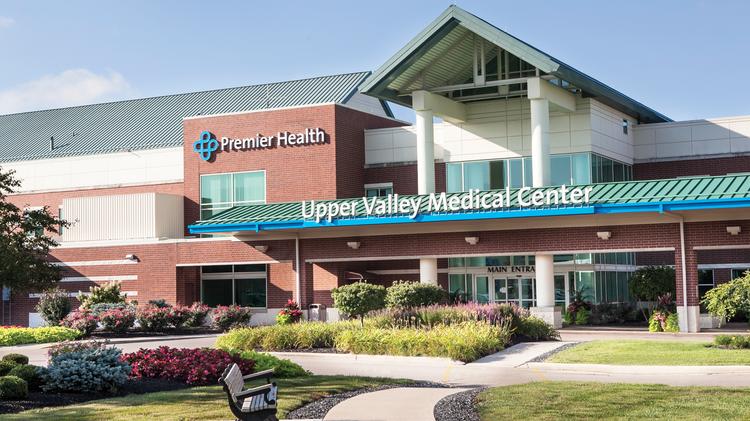
About a half-hour north of Dayton, Upper Valley is a 182-bed community hospital with one cath lab. It sees about 40 heart attack patients a month, mostly treating blockages in the heart. Local farmers comprise a large portion of the patient population.
“Our patients are very thankful that we’re here,” Dr. Kalra explains. “Since I’m not running around trying to adhere to productivity models like in an urban facility, I have time to give patients my full attention and ensure they understand their condition and treatment plan. They feel they can trust us, which isn’t always the case in large, busy facilities. I have a greater sense of satisfaction, a greater sense of joy and purpose.”
Building Relationships in Smaller Community Hospitals
For Carolyn Neace, RN, MSN, who embraces the recreational vehicle lifestyle with her husband, doing meaningful work while seeing the country was attractive. A resident of Greenup, Kentucky, she is currently contracted with VitalSolution to lead the cath lab staff at Cumberland Medical Center, a 400-bed hospital in Crossville, Tennessee.
She typically works from 7 a.m. to 3:30 p.m. Monday through Friday, training a team of three cardiac technicians and three nurses how to organize and schedule the cath lab; educate, care for and discharge patients; and mentor in-house staff. When her nine-month contract ends in March 2023, she will pass the baton to the local team, who will be well-prepared to continue to onboard new staff and grow the cath lab program.
“If your focus, interest, and strengths are in building relationships, small community hospitals are where you can make the greatest impact.”
This is Carolyn’s third assignment with VitalSolution since 2019. Previous contracts brought her to Beckley, West Virginia, and Bellefontaine, Ohio. “Coming from a smaller community myself, I understand the culture of small towns in the South and Appalachia,” Carolyn explains. “If your focus, interest, and strengths are in building relationships, small community hospitals are where you can make the greatest impact.”
In the past few years, Carolyn said her fellow nurses have not felt appreciated and have become disengaged because they feel they are just numbers and can’t create real change. But with VitalSolution, she’s a “change agent,” a sometimes challenging but highly rewarding role.
“With VitalSolution, you’re building something new and making relationships that will change an entire community,” she explains. “You can read about the impact of bringing advanced cardiac care to that town in the local newspaper.”
Along with building relationships, Carolyn prides herself on communicating effectively about how things can be done better at her host facility without disparaging the current staff and their processes.
“I come with enthusiasm and an open ear,” she says. “I know how to make a cath program work, and I know what won’t work in these types of communities. I have experience that I can share, and most people respect that outside perspective. This is a different type of opportunity. It’s not just punching in and punching out—and I like that.”
And getting to know a new town like Crossville, which is about two hours from Nashville, is exciting. She and her husband enjoy exploring the natural beauty of the area and love trying mom-and-pop restaurants in search of the best cheeseburger. “Through my assignments, we get a taste of a new place and meet new people,” she says. “We’ve met people from large communities in New York, New Jersey, and Texas looking for a place to retire. They will need comprehensive cardiac care when they make that change.”
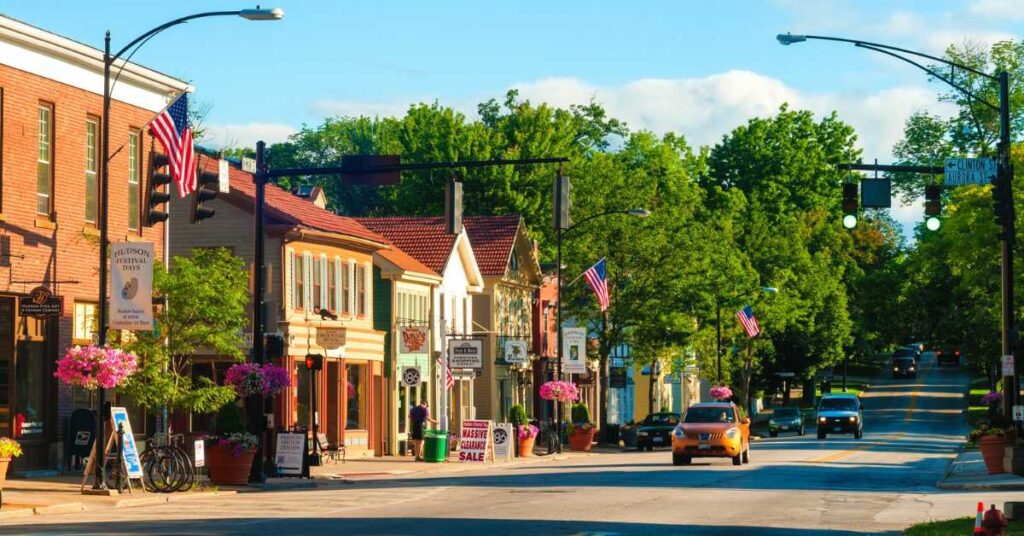
The Quality of Life Benefits That Community Hospitals Offer
Like Carolyn, working a travel assignment in a small community has its perks for Dr. Kalra, too.
“I had been working every day from early morning to late evening. My daughter would be asleep when I left in the morning and when I came home at night,” he explains. “I would promise to make a school event but then get held up at the hospital. Now I’m home for seven days without distraction. I can take my daughter to school and attend her activities. My quality of life is so much better now.”
When he’s not working, he takes advantage of the area’s biking trails and golf courses.
“Everyone knows everyone here,” says Dr. Kalra, who stays in a home rented and furnished by VitalSolution while in Troy. “My neighbors know my schedule and look for me when I’m in town. People say hello to me at Walmart and Kroger. The town’s firefighters know me. That’s not the case in a large urban community or a regular locum assignment.”
However, rural assignments are not without their challenges. Practicing interventional cardiology in a community with fewer resources requires problem-solving skills.
“You have to learn how to navigate the system and develop skills when the need arises,” Dr. Kalra explains. “You have to be able to step in and fix a problem; there is no surgical backup. You have to figure out a way out of a complication. The result is that you become a better physician. You take time with each case, take the safe approach, gain more experience and confidence.”
Carolyn makes sure not to get emotional and leans on her years of experience and knowledge if she receives pushback from someone at a site.
“Best practices are established by science, not tradition. These aren’t my protocols; these are evidence-based practices rooted in research,” she explains. “Starting or expanding cath services is a big undertaking for a small community hospital. Change is uncomfortable, but we can help make it less so. Hospitals benefit from our experience and knowledge in producing positive outcomes without the typical trial and error that other programs go through.”
“For me, I have a better quality of life, better work-life balance, less stress, no longer work late hours or early mornings, experience great camaraderie with the staff, and when work is done, it’s done…”
Nishant Kalra, MD
When asked his advice for those thinking about working with VitalSolution, Dr. Kalra says, “Think about how much better your life could be by working less and still making good money. Depending on the assignment, you can help a community grow its program or take a leadership position and climb the professional ladder. For me, I have a better quality of life, better work-life balance, less stress, no longer work late hours or early mornings, experience great camaraderie with the staff, and when work is done, it’s done—all while having the personal satisfaction of helping people who really need the help. It’s the best decision I’ve ever made.”
Carolyn adds, “You don’t have to be at Mt. Sinai to save a lot of lives and impact your community. VitalSolution is actively creating change through best practices. Unlike other staff or travel positions, we are recognized and have a voice from Day One. People have pride in their communities and want their hospitals to provide world-class care. We show them it’s possible.”
VitalSolution is looking for capable and driven physicians and healthcare professionals seeking flexibility and professional satisfaction. To learn more, complete the contact form below and a VitalSolution representative will be in touch soon!
 company
company 
 (866) 755-7519
(866) 755-7519






